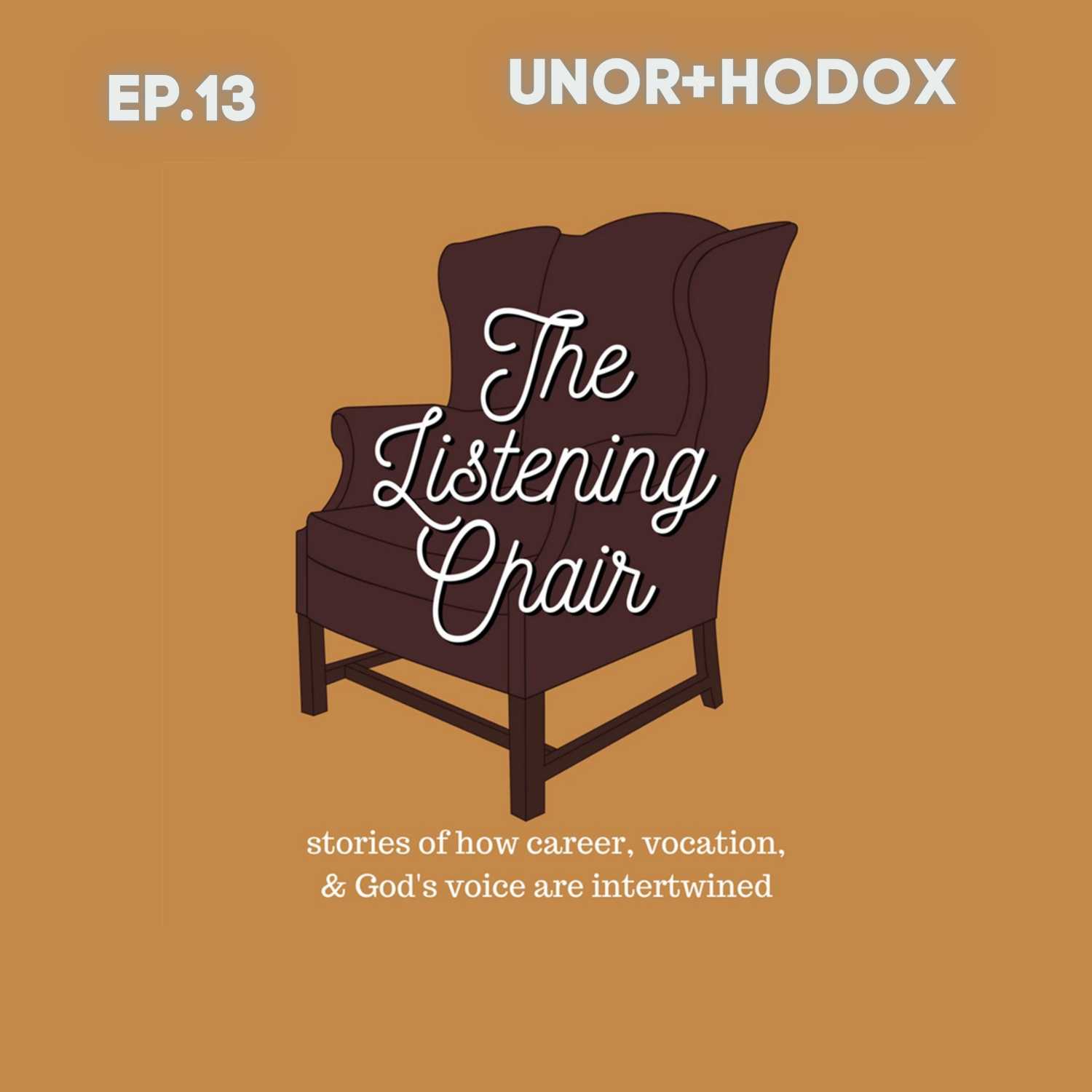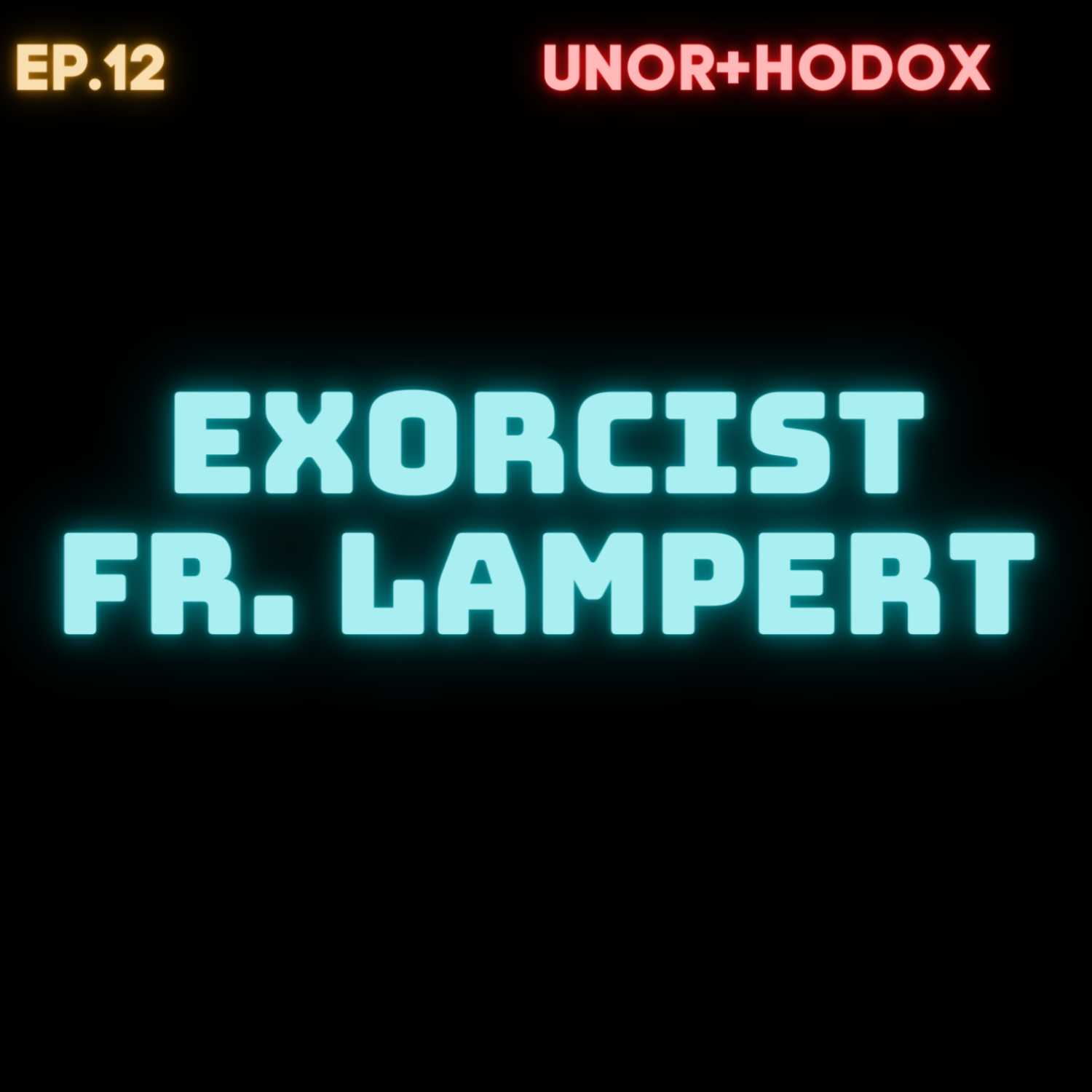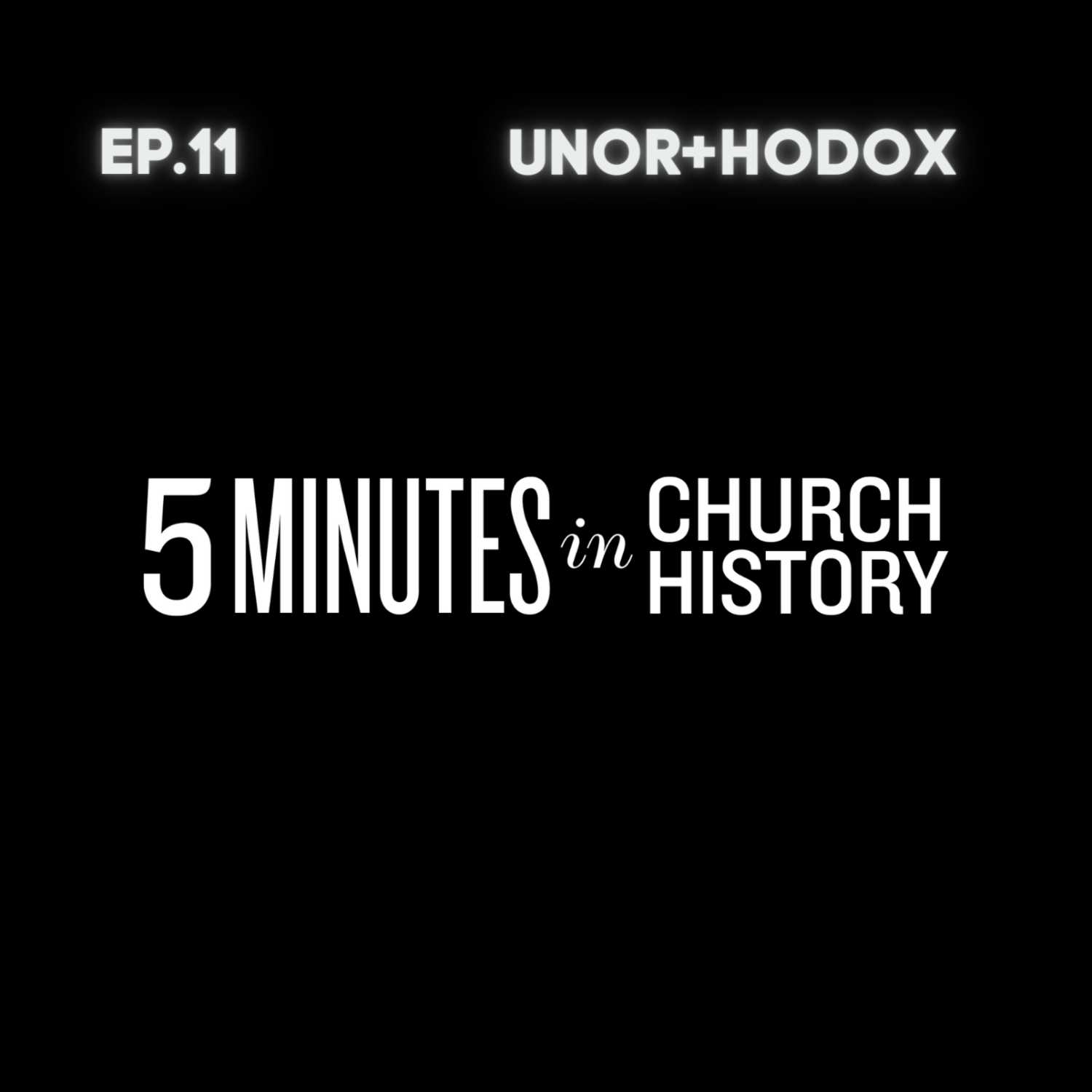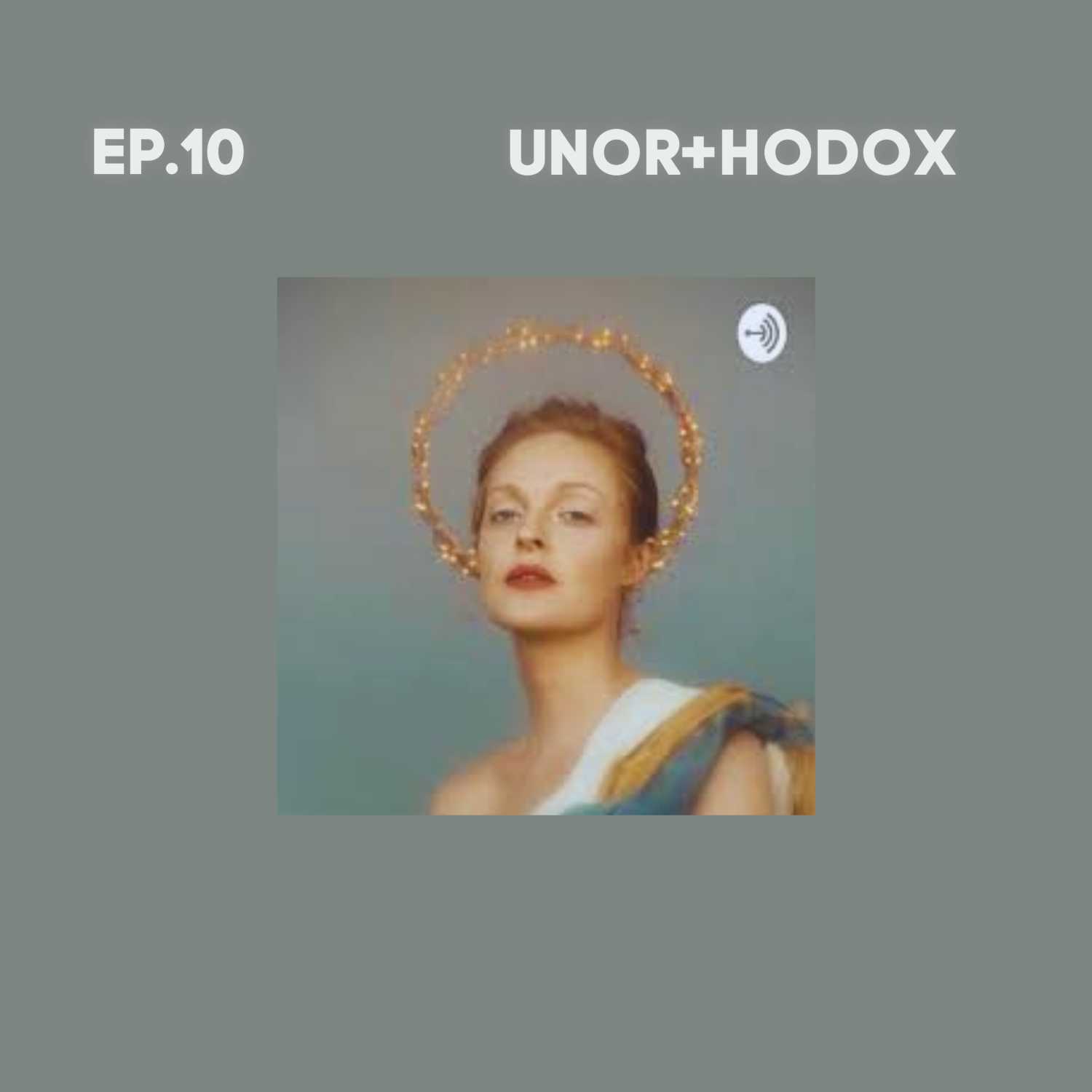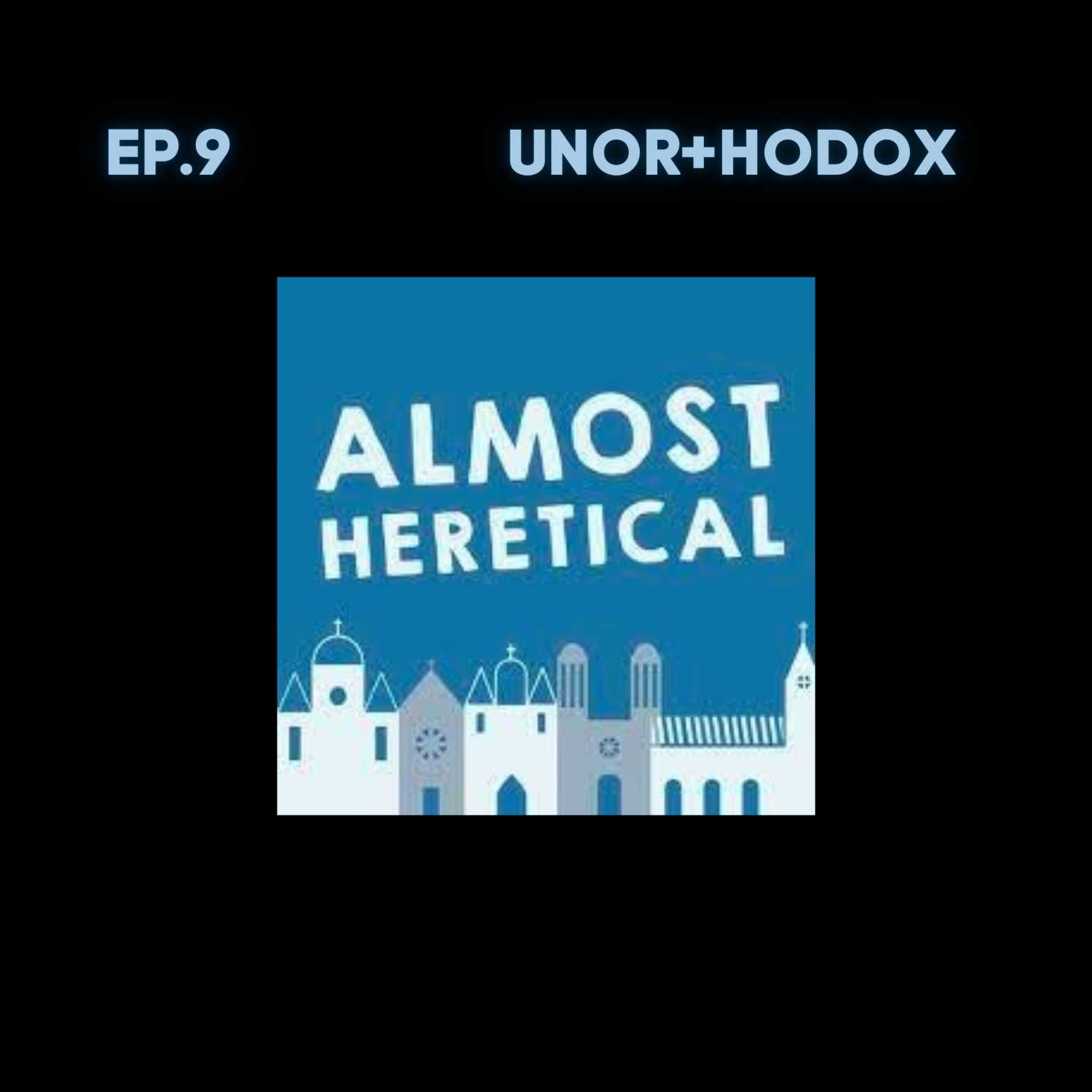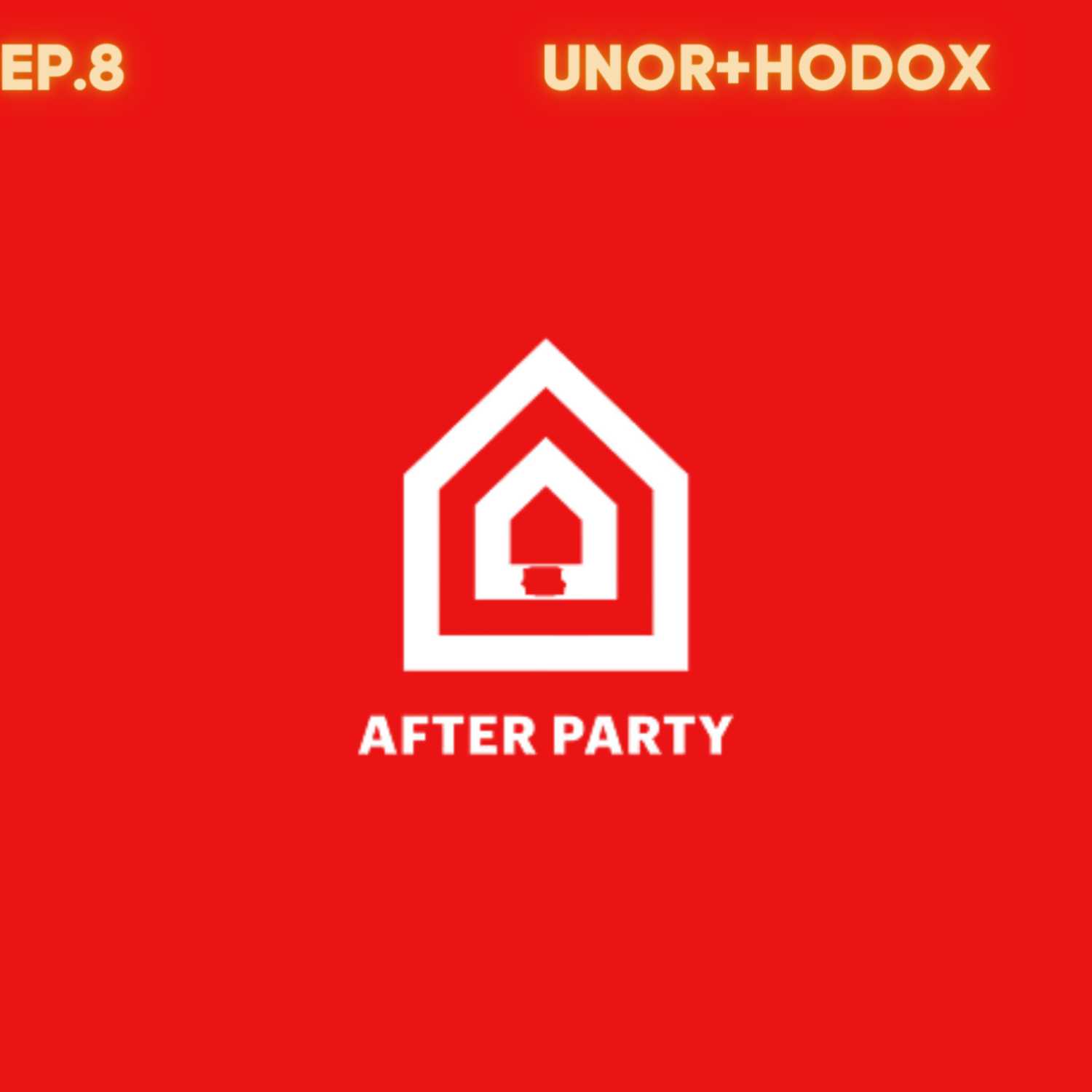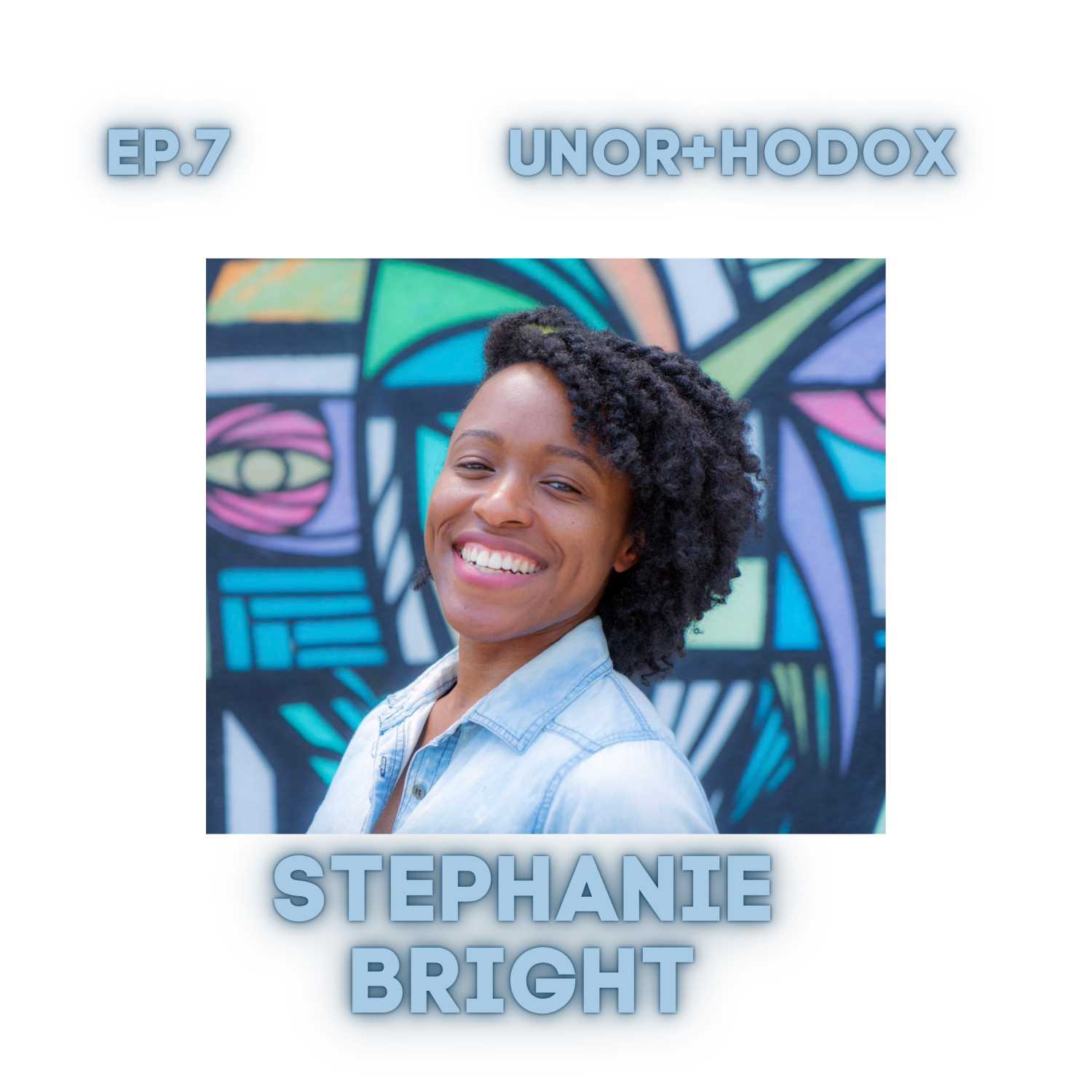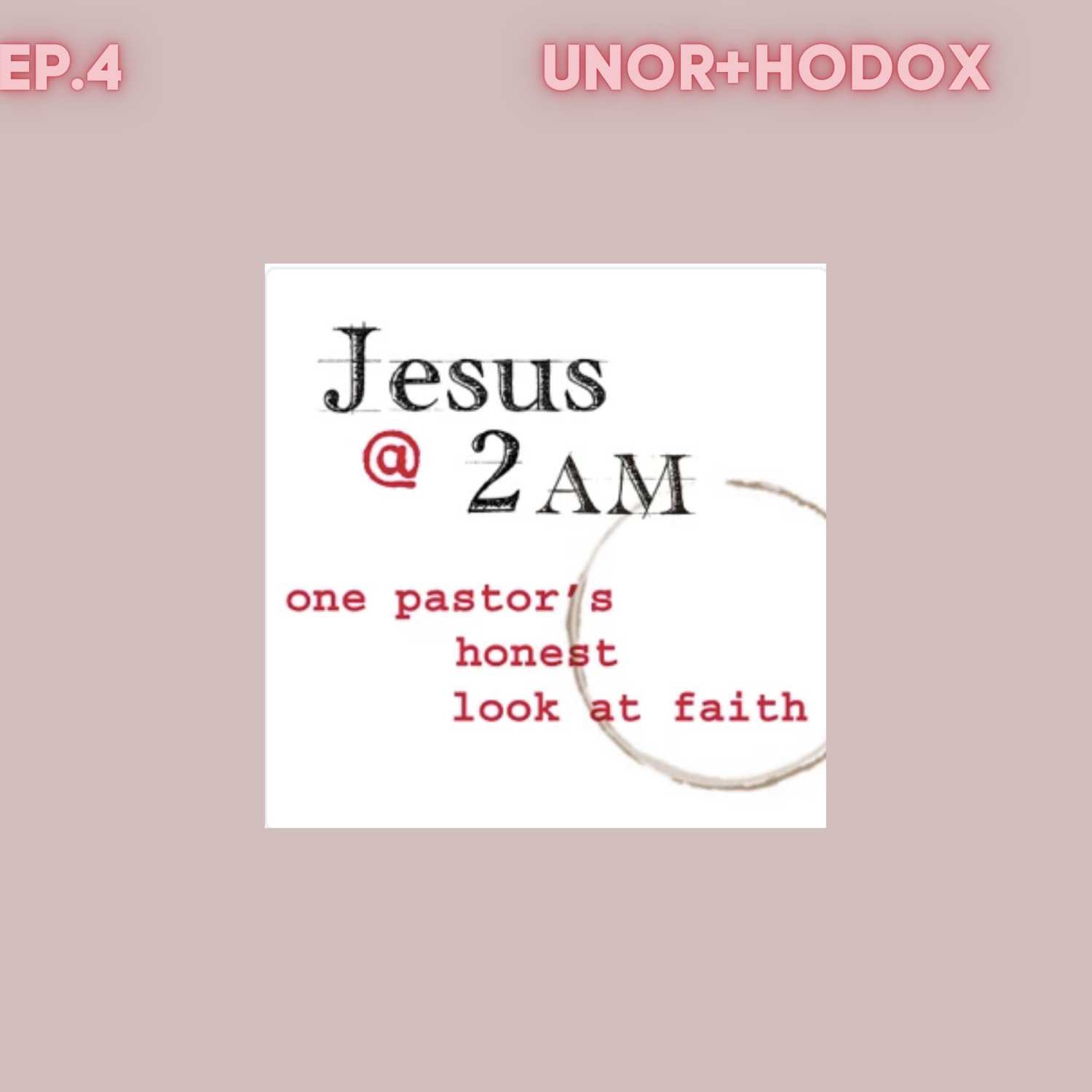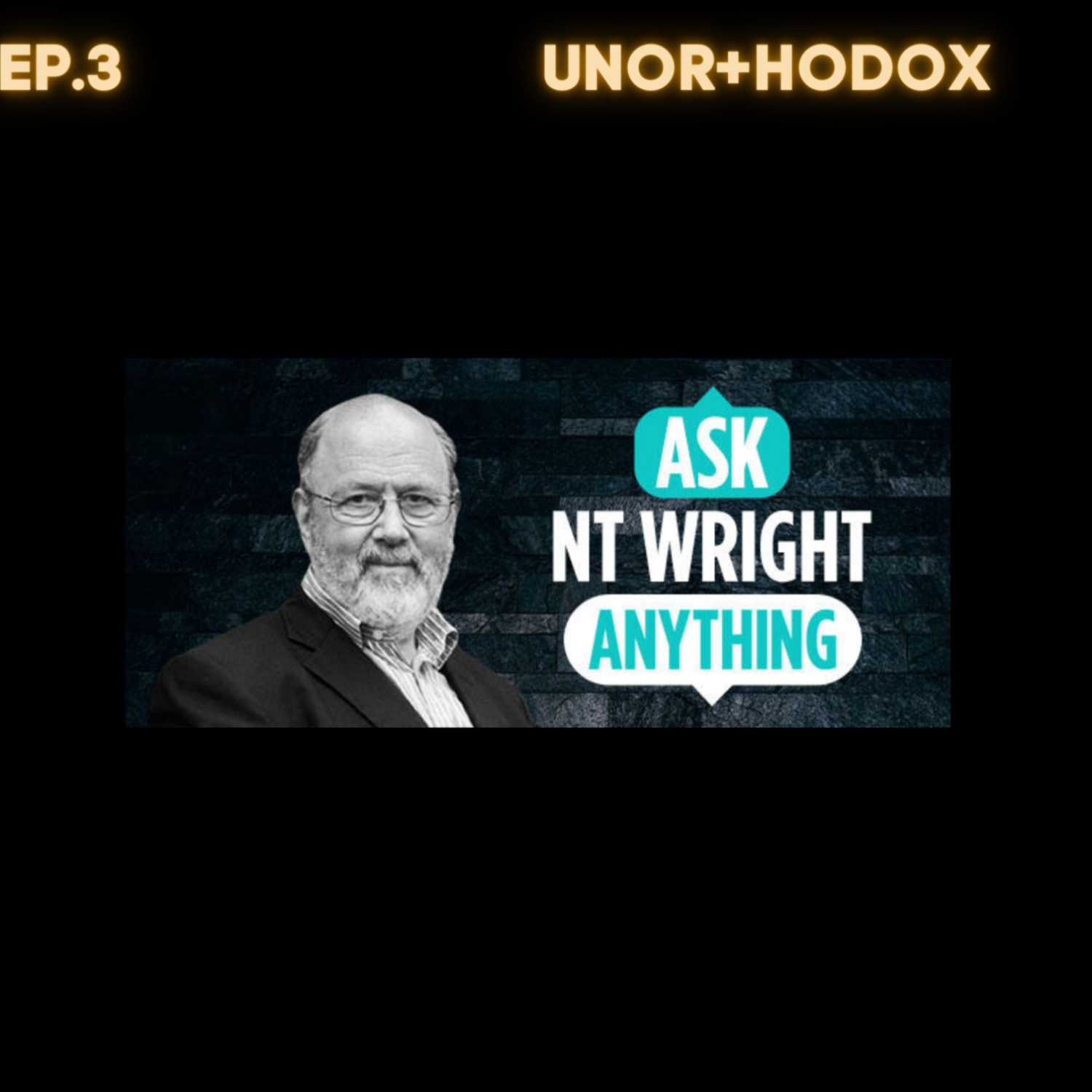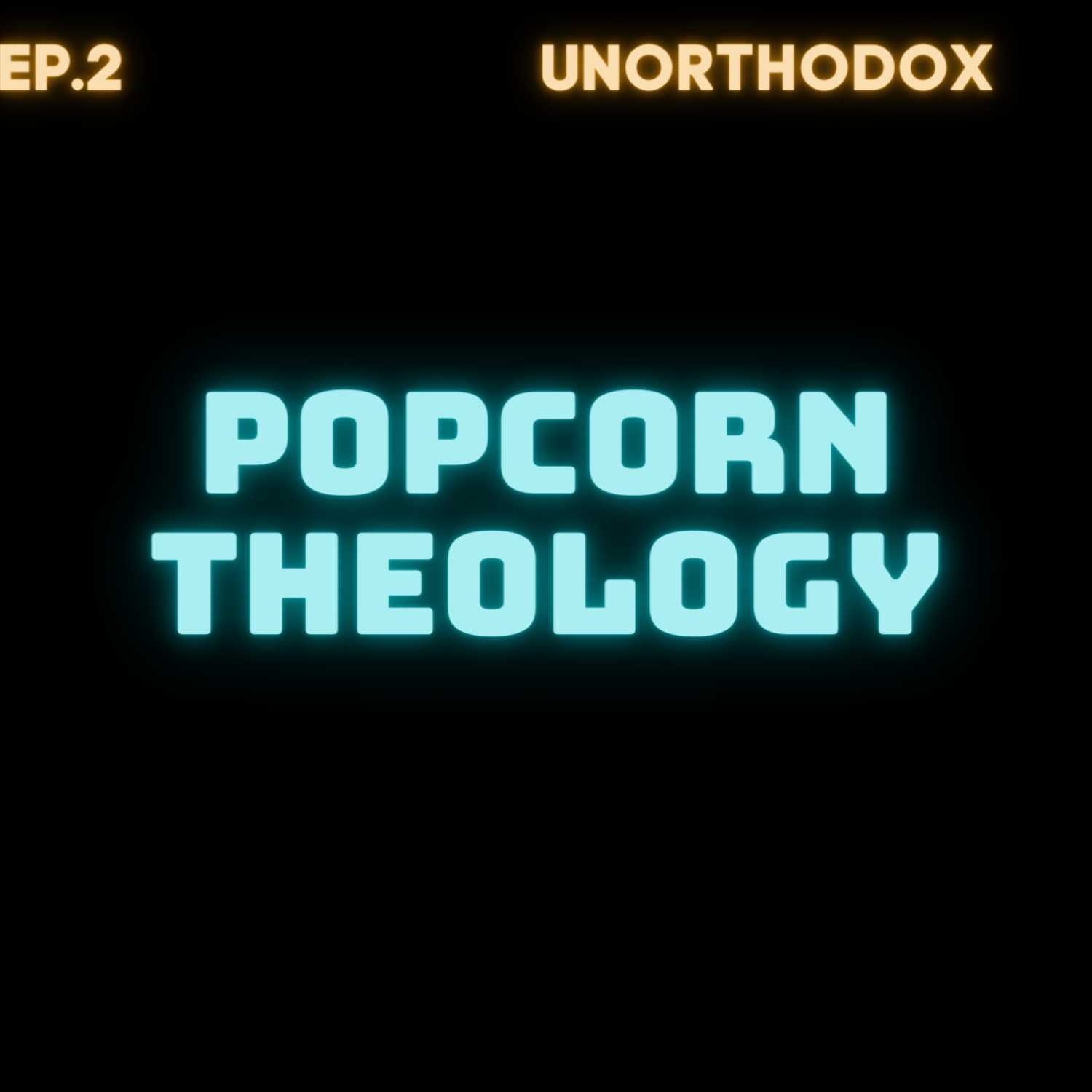
UNOR+HODOX
Author: Sadiq Dabale
Subscribed: 0Played: 0Description
UNOR+HODOX – A Podcast on Ethics in the Age of AI
Welcome to UNOR+HODOX, a thought-provoking podcast exploring ethics through a Christian lens while tackling the moral dilemmas of artificial intelligence, technology, and modern society.
What We Discuss
Rooted in Christian moral philosophy, UNOR+HODOX challenges conventional perspectives on ethics, justice, and the human condition in an era dominated by AI-driven decisions. Each episode delves into questions such as:
• Can AI align with Christian principles of justice, mercy, and truth?
• Does artificial intelligence pose a threat to free will, dignity, and human purpose?
• How should faith communities respond to the ethical implications of automation, surveillance, and deepfakes?
• Is AI a tool for good or a moral gray area that challenges our understanding of divine wisdom?
Why Listen?
UNOR+HODOX is where faith meets the future—engaging theologians, ethicists, technologists, and philosophers in deep discussions on how Christian ethics can guide AI development, governance, and usage. Whether you’re a believer, skeptic, or just curious about the intersection of faith, technology, and morality, this podcast invites you to wrestle with the toughest ethical questions of our time.
Join us as we navigate the uncharted ethical landscapes of the AI age, questioning what it means to remain human, moral, and faithful in an era of machines.
📢 New Episodes Weekly | 🎙 Hosted by Sadiq Dabale



